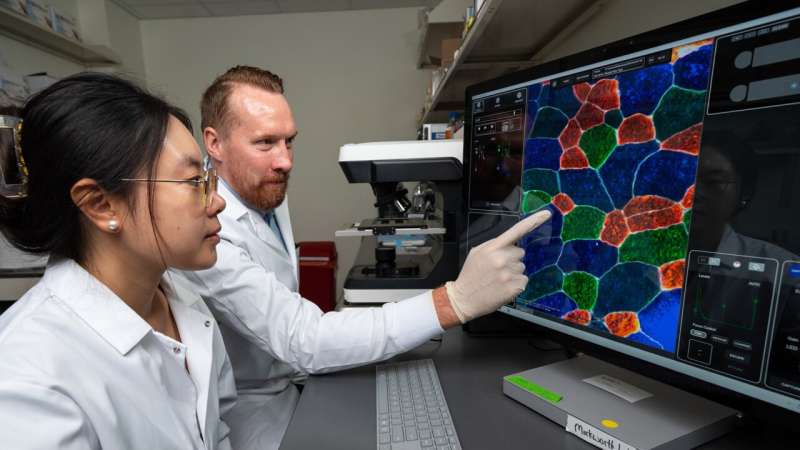Emerging research suggests that the omega-6 fatty acids found in meat and poultry may have similar health benefits as the omega-3s in fish oil, challenging the long-held belief that omega-6s are universally detrimental. This collaborative study aims to shed light on the complex interplay between fatty acids, gut microbiome, and metabolic health. Omega-3 fatty acids and omega-6 fatty acids are both essential, long-chain polyunsaturated fats, and their balance may be crucial for maintaining optimal metabolic function.

Unraveling the Complexity of Fatty Acids
For years, the conventional wisdom has been that omega-6 fatty acids, such as those found in meat and poultry, are detrimental to human health, while omega-3s from fish oil and seafood are beneficial. However, this new research challenges that simplistic view.
Lead researcher James Markworth, an assistant professor of animal sciences at Purdue University, explains that the impact of arachidonic acid, an omega-6 fatty acid found only in animal products, on human health is a complicated and poorly understood matter. The team’s experiments aim to carefully examine the specific health effects of omega-6 fatty acids and clarify which omega-3 fatty acids in fish oil are responsible for their documented benefits.
The Essential Role of Fatty Acids
Markworth emphasizes that both omega-3 and omega-6 fatty acids are essential, meaning they cannot be synthesized by the human body and must be obtained through diet. The long-chain versions of these polyunsaturated fatty acids, found primarily in animal and marine sources, are thought to have the most significant influence on human health.
“These polyunsaturated fatty acids are essential because you need to acquire them through the diet,” Markworth said. “They can’t be made in the body. And in particular it’s the long-chain versions, which are found in products of animal or marine origin, that are thought to potentially influence human health.”
The Gut Microbiome’s Role in Metabolic Health
The research team’s work also delves into the critical role of the gut microbiome in mediating the health effects of fatty acids. Previous studies have shown that the metabolic benefits of fish oil supplements can be altered when antibiotics are introduced, suggesting that gut bacteria play a crucial role.
“What is it about consuming antibiotics that stops fish oil supplements from having their metabolic benefit on peripheral metabolic health in mice or potentially in humans? That study suggests that the gut bacteria are required, and we don’t know why,” Markworth said. By examining the interactions between fatty acids, gut microbiome, and metabolic outcomes, the team hopes to uncover new insights that could lead to targeted therapies and dietary interventions.
